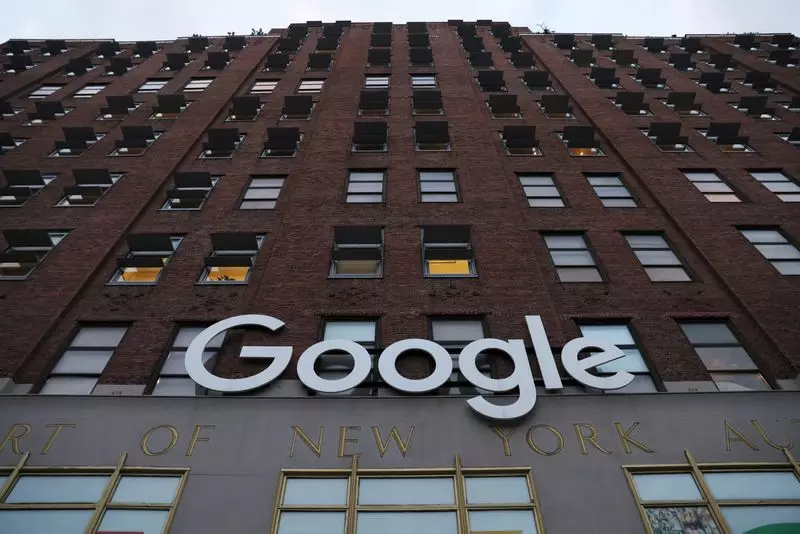The recent news regarding Google’s potential divestiture has sent shockwaves through the tech industry, signaling a pivotal moment in antitrust law and its application to Big Tech companies. In a court filing, the U.S. government revealed that it is exploring the possibility of forcing Alphabet, Google’s parent company, to divest parts of its business that are believed to have contributed to its monopolistic grip on online search. This development arrives after a significant ruling by U.S. District Judge Amit Mehta, who concluded that Google had indeed established an illegal monopoly within the online search domain—processing approximately 90% of all internet searches in the United States.
As the Justice Department prepares to submit a more comprehensive proposal by mid-November, the implications of this case extend far beyond the confines of the legal proceedings. The outcome could indeed redefine the manner in which users access information and utilize search engines moving forward. Google, anticipating these developments, has expressed its intent to appeal, arguing that its prominence is merely a reflection of superior service quality, rather than anti-competitive practices.
Google’s defense hinges on the assertion that competition remains vibrant in the tech landscape, citing rivals like Amazon and alternative search engines as viable options for consumers. This perspective, however, overlooks a crucial aspect: the structural barriers that may hinder smaller competitors from gaining significant market traction. For instance, Yelp has emerged as one of the more vocal critics of Google, having initiated its own lawsuit based on claims that Google unfairly prioritizes its local business services over competitors in search results.
Moreover, another rival, DuckDuckGo, has called for interventions that could mitigate some of Google’s edge, advocating for licensing agreements that would allow competitors to leverage Google’s search results. Such a move could democratize access to valuable search information, thereby fostering a more diverse online ecosystem.
The discussions surrounding divestiture have introduced a compelling notion that the mere threat of such drastic action might encourage Google to negotiate and comply with less extreme remedies. Adam Epstein, co-CEO of adMarketplace, emphasizes that without firm repercussions, Google may lack the motivation to embrace alternatives that could address the monopolistic concerns articulated by legal authorities.
As such, the forthcoming proposal from the Justice Department is anticipated to shed light on the specific remedies being considered. The ongoing legal battle not only raises questions about Google’s business practices but also serves as a broader reflection of an industry grappling with the challenges posed by concentrated power in the digital age. Should the court decide to mandate significant changes, it could set a seminal precedent that influences regulatory approaches to tech monopolies globally.
As discussions linger around the potential divestiture and the overall health of competition in online search, stakeholders, from legal authorities to smaller tech firms, eagerly await the next developments in what is poised to be a landmark antitrust case. Whether this results in a major reshaping of the tech landscape remains to be seen, but one thing is clear: the quest for a fair digital marketplace is far from over.

